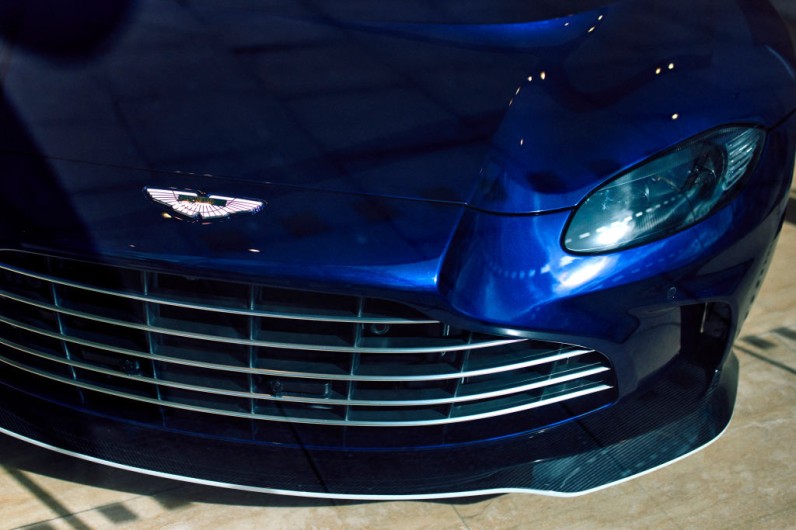
The Chinese government has warned sternly about potential retaliatory tariffs on luxury cars imported from the European Union and the United States. This move came after escalating trade tensions between the US and China, with the EU following suit.
Recently, the US has intensified its trade stance against China, with President Joe Biden imposing new tariffs on a range of Chinese-made products, including EVs from companies like BYD, Geely, and NIO, as reported by VCPost.
According to Yahoo Finance, the China Chamber of Commerce to the EU (CCCEU) has hinted at imposing higher temporary tariff rates on imported vehicles equipped with large-displacement engines.
The CCCEU suggested that these tariffs could soar as high as 25%, up from the current 15%.
Threat of Tariffs to European Luxury Automakers
In the same report, the threat of increased tariffs has already taken its toll on European luxury automakers, with shares of companies like Mercedes-Benz, BMW, Tata Motors, and Volkswagen Group witnessing a downward trend.
These automakers, known for exporting vehicles with large-displacement engines to China, face heightened uncertainty in one of their key markets.
Interestingly, this latest development follows the European Commission's decision to investigate alleged Chinese government subsidies that may have distorted the prices of Chinese-made electric vehicles (EVs) imported into EU member countries.
As the specter of a "US-China Cold War" looms, European automakers find themselves caught in the crossfire, balancing their reliance on the Chinese market for luxury car sales with the need to safeguard their interests against Chinese competitors in their home turf.
With the Chinese luxury car market projected to reach staggering figures by 2029, the stakes for automakers have never been higher.
Consequently, some companies, like Audi, are proactively seeking opportunities in the Chinese EV market by partnering with local brands.







Join the Conversation